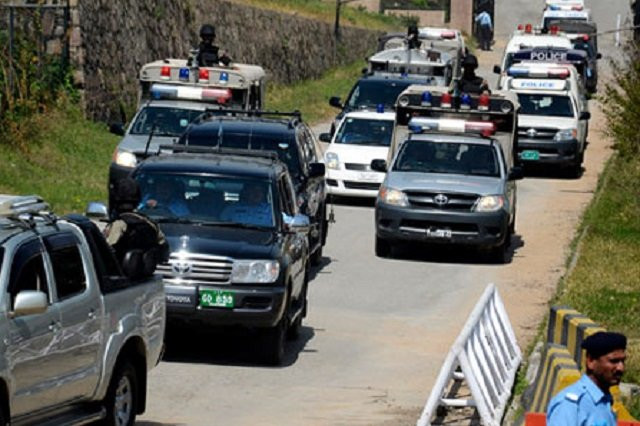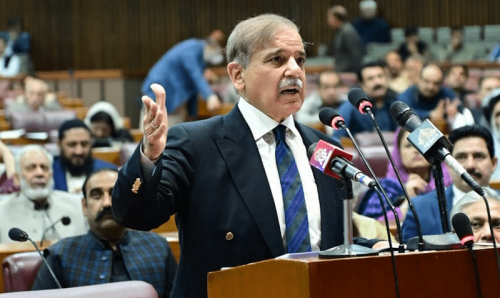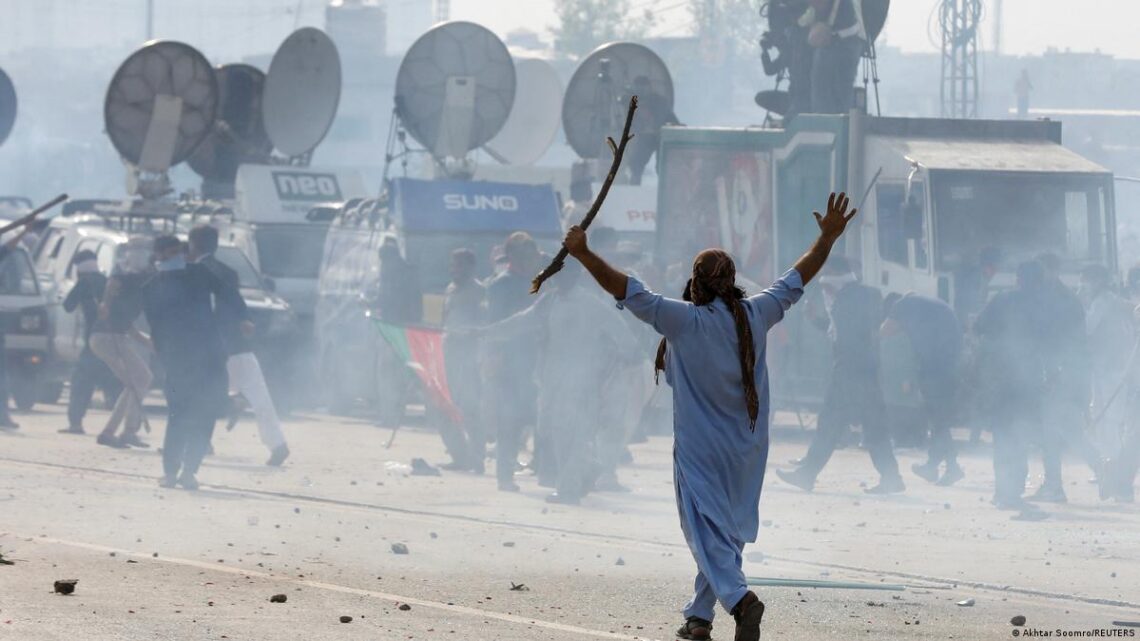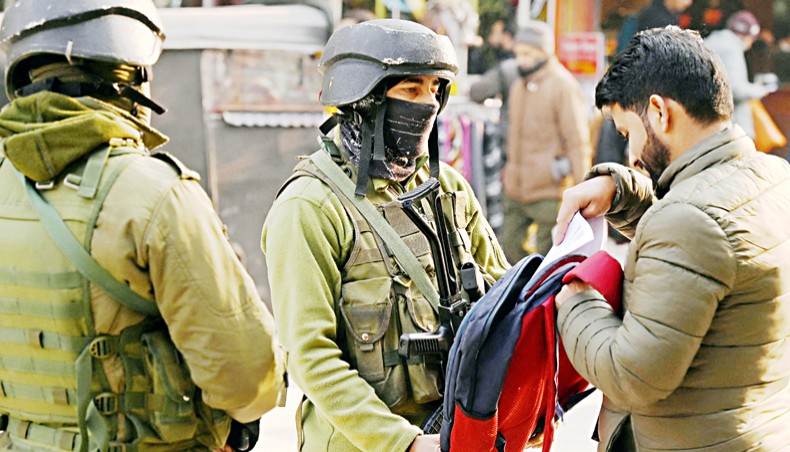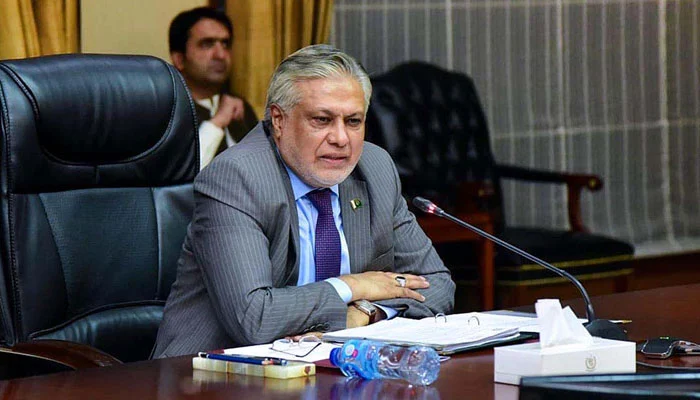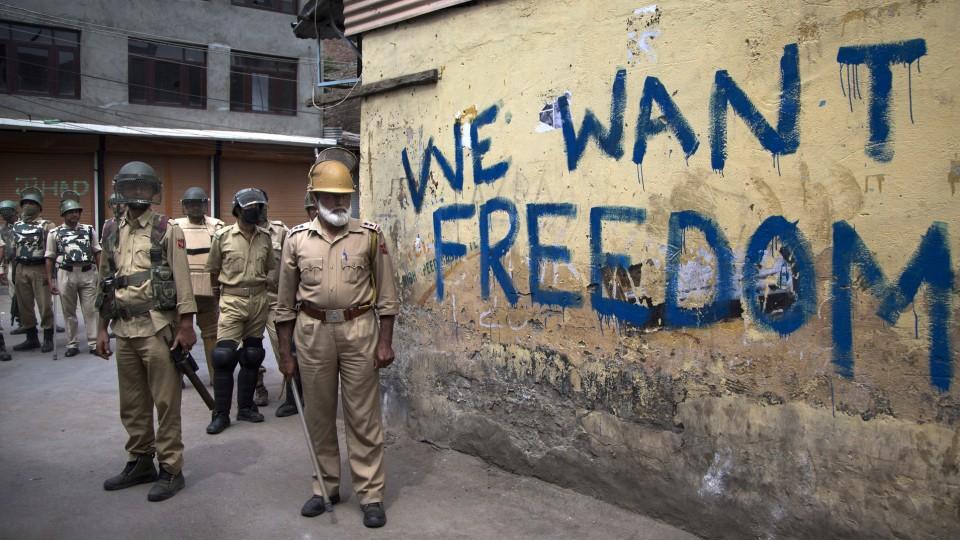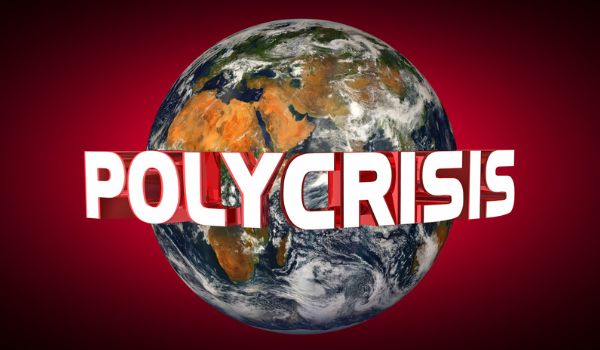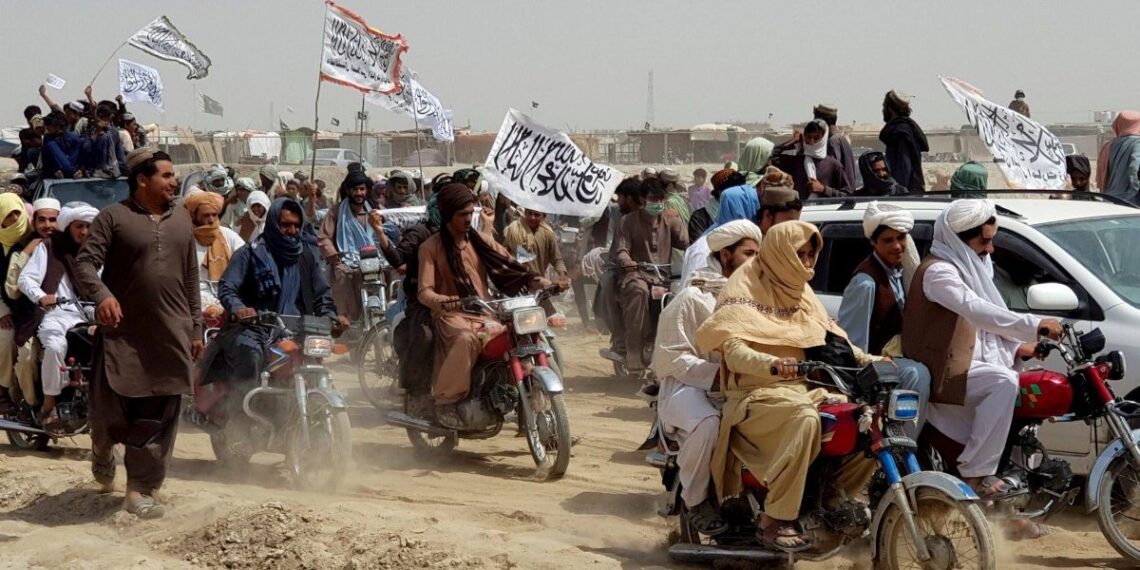-
Price of elite capture
PAKISTAN’S bane has long been a narrow, oligarchic power elite that has dominated its politics and controlled its economy at the cost of people’s welfare and the country’s progress and development. Its entrenched position over decades meant that governance challenges multiplied with force and intensity, leaving the country with daunting problems of solvency, security and mounting energy and water shortages. These were left to fester rather than be addressed. Chronic instability and an oligarchic political order impeded the evolution of modern governance. Patronage-based politics practised by elected and military governments alike relied on working networks of influential political families, kinship groups and biradaris to maintain them in power. But this…
-
Issue-less politics
Lost in the noise of politics and intensity of power tussles today is any serious focus on the issues that are critical to the country’s future. In the political confrontation raging today, the preoccupation of political leaders is with outmanoeuvring opponents, not explaining how they propose to solve national problems or what their parties stand for. This at a time when the country’s multiple challenges are crying out for solutions and answers. Above all, a polarised environment marked by constant exchange of toxic rhetoric makes it impossible to evolve much-needed consensus on key national issues. It also creates an atmosphere inimical to the generation of new ideas. The political discourse…
-
Divided in crisis
While the economy teeters on the brink and a new surge of militant violence threatens the country’s security, the political situation descends into more chaos. The country’s intensifying challenges prompted Prime Minister Shehbaz Sharif to call an all-parties conference but this did nothing to lower the political temperature. Indeed, there is no indication that political leaders are willing to pause their political war to find solutions to Pakistan’s multiple crises. Instead, recent developments have plunged politics into a more volatile and confused state. Uncertainty rules as politics gets messier. The dissolution of the Punjab and Khyber Pakhtunkhwa assemblies opened another chapter in the fierce political confrontation between the government and opposition. While opposition leader…
-
A perfect global storm
Describing the ongoing global turmoil as a perfect storm, UN Secretary General António Guterres said in his speech at the World Economic Forum that cooperation was urgently needed in a fragmented world. This was also the theme of the annual Davos meeting earlier this month. The perfect storm, he maintained, was raging on several fronts, especially economic, with an unfolding cost-of-living crisis, rising inequality, looming recession, energy crunch, soaring inflation and supply chain disruptions among its many aspects. Yet, when international solidarity was needed most, geopolitical rifts and the deepening North-South divide was undermining efforts to meet global challenges. There is no doubt that the world is at an inflection…
-
Dispossessed & disempowered
A compelling new book chronicles the latest, ongoing chapter in occupied Kashmir’s decades-long tragedy. A Dismantled State: the untold story of Kashmir after Article 370 by Anurudha Bhasin is a scathing indictment of Indian actions in Jammu and Kashmir following its annexation and bifurcation by abrogation of Article 370 of the Indian constitution on Aug 5, 2019. As a prominent journalist, executive editor of Kashmir Times and resident of Kashmir, Anurudha has long witnessed the turmoil, violence, injustices and vicissitudes of political life there. But post-August 2019, which saw J&K’s dismemberment and disempowerment, was a fundamental break from the past. She describes her book’s aim as discovering how this period that drastically altered the…
-
Failure of economic governance
In a book I put together two decades ago, the late Meekal Ahmed, one of Pakistan’s most distinguished economists, contributed a chapter titled ‘An economic crisis state’. He had this to say then: “Economic management in Pakistan has steadily deteriorated to the point where the economy has lurched from one financial crisis to the next. At the heart of the problem has been poor management of public finances and deep-seated unresolved structural issues in the economy that bad management and poor governance has exacerbated. The consequences are plain to see: macroeconomic instability, high inflation, poor public services, criminal neglect of the social sectors, widespread corruption, crippling power outages, growing unemployment,…
-
Kashmir: facing multiple assaults
Just about every aspect of life for Muslims in occupied Jammu and Kashmir is under assault by India’s ruling BJP. The year 2022 saw Indian actions aimed at disempowering its Muslim population by reshaping Kashmir’s demographic landscape and measures to systematically erode Kashmiri culture, language and religious identity. Properties were confiscated and new land laws were introduced that would seize land from locals and give it to outsiders. The media has been muzzled, and journalists jailed and prevented from travelling overseas. Human rights abuses, including extrajudicial killings and torture, continue with impunity while the entire leadership of the All Parties Hurriyat Conference (APHC) remains in detention. More paramilitary forces were inducted into…
-
Year of polycrisis
2022 was a tumultuous year in Pakistan even by the standards of its turbulent political history. It confronted a polycrisis — several crises that converged to reinforce each other and create an overall challenge tougher to deal with than any single crisis. A political crisis, often with constitutional implications raged through the year, the economic crisis aggravated, the worst climate-induced floods in the country’s history tested national resilience and a resurgence of terrorist violence revived threats to Pakistan’s security. The ouster of prime minister Imran Khan’s government by a parliamentary vote of no-confidence in April set in train a series of events that drove the country into a state of perpetual crisis.…
-
Playing by the rules
PAKISTAN’S largest province and political heartland continues to be in the throes of a crisis with the coalition government at the centre and the PTI-backed chief minister locked in fierce confrontation. The latest act in this political drama began with opposition leader Imran Khan’s announcement that he would ask his ally in Punjab and government in Khyber Pakhtunkhwa to dissolve the two provincial assemblies to force PDM into holding early elections — his long-standing demand. He also announced a date for this, Dec 23. Chief Minister Parvez Elahi went along grudgingly with this decision even though in a subsequent press conference he claimed 99 per cent of people in the country were…
-
Untenable Afghan policy
RELATIONS between Pakistan and the Taliban authorities are under growing stress in the wake of rising cross-border attacks and violent actions by the TTP from Afghanistan’s soil. On Dec 11, a border clash between Afghan and Pakistani border forces in Chaman claimed the lives of at least eight Pakistani citizens. The clash and a subsequent one on Dec 15 reflected an uptick in border tensions in recent months. This has often led to closure of the border crossing. Many incidents have been triggered by Afghan forces’ resistance to stronger border controls recently imposed by Pakistan through documentation and biometric requirements at all five border crossings between the two countries. Taliban authorities have voiced their…

